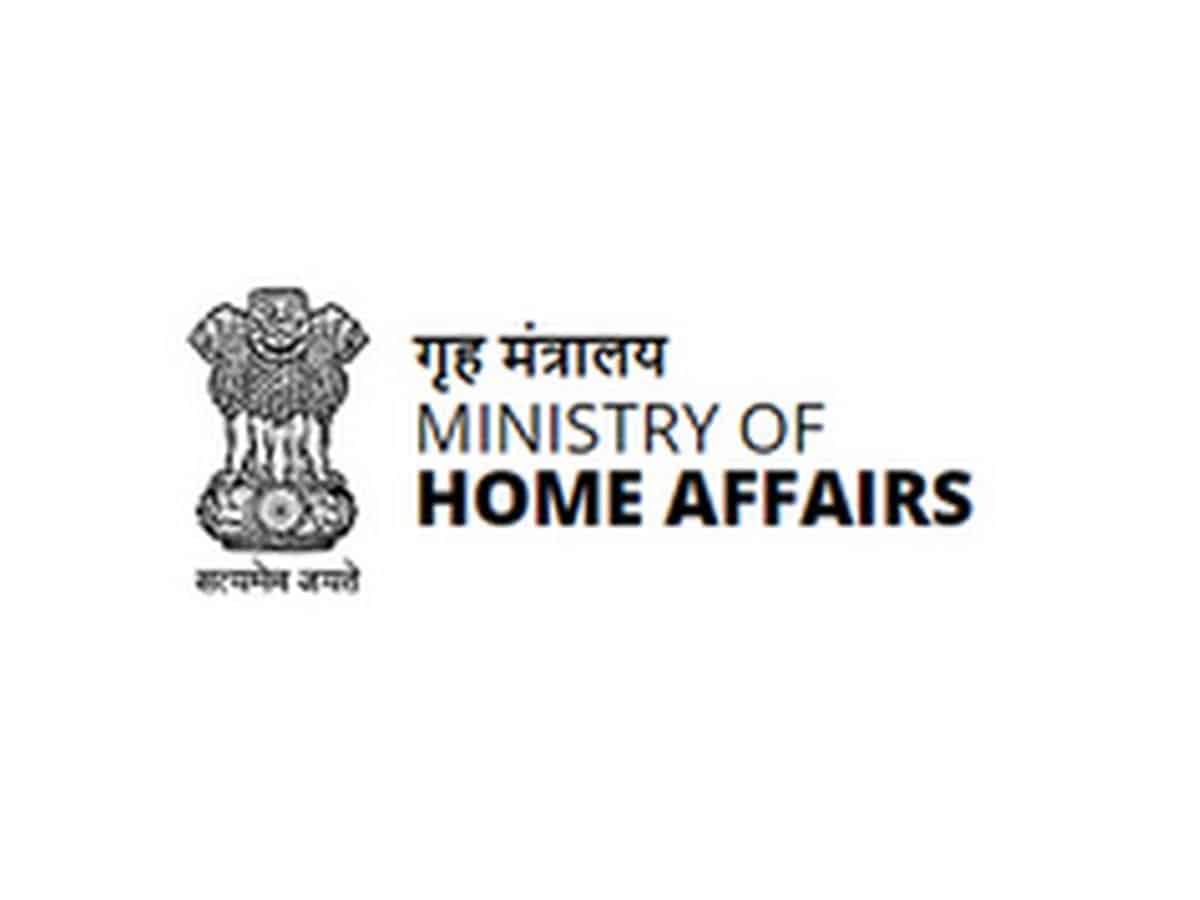New Delhi: The Union Ministry of Home Affairs (MHA) has written a letter to all the State and Union Territories (UTs) asking them that any lapses while dealing with crime against women, if found, need to be investigated into and stringent action should be taken immediately against the concerned officers responsible for the same.
The Home Ministry has also said that the Standard Operating Procedure (SOP) for investigation and prosecution of rape against women issued by the Bureau of Police Research and Development needs to be followed.
“The Government of India has also issued various advisories to the States/Union Territories from time-to-time emphasising the strict actions to be taken by the police in cases of crime against women, including in cases of sexual assault which includes registration of FIR, collection of evidence for forensic examination and use of Sexual Assault Evidence Collection (SAEC) Kit, completion of investigation in sexual assault cases in two months, use of National Database on Sexual Offenders for identifying and tracking repeat sexual offenders etc,” the MHA said in its letter dated October 9.
The Ministry has said that crime against women must have compulsory registration of FIR in case of a cognisable offence under sub-section (1) of section 154 of the Code of Criminal Procedure, 1973 (CrPC).
“The law also enables the police to register FIR or a “Zero FIR” (in case the crime is committed outside the jurisdiction of the police station) in the event of receipt of the information on the commission of a cognisable offence, which includes cases of sexual assault on women,” it said.
While giving details of the sections which enables the government to take action against public servants in case of lapses, the MHA said, “Section 166 A(c) of the Indian Penal Code 1860 (IPC) provides for punishment to a public servant for failure to record FIR in relation to cognisable offences punishable under sections 326A, 326B, 354, 354B, 370, 370A, 376, 376A, 376AB, 376B, 376C, 376D, 376DA, 376DB, 376E or 509 in IPC.”
The MHA has said that the statement, written or verbal, by a person who is dead shall be treated as relevant fact in the investigation when the statement is made by a person as to the cause of his death, or as to any of the circumstances of the transaction which resulted in his death.
“However, even with stringent provisions in law and several capacity-building measures undertaken, any failure of police to adhere to these mandatory requirements may not augur well for the delivery of criminal justice in the country, especially in the context of women safety,” the MHA said.
The Ministry has requested that States and UTs may suitably issue instructions to all concerned to ensure strict compliance with the provisions in the law.

